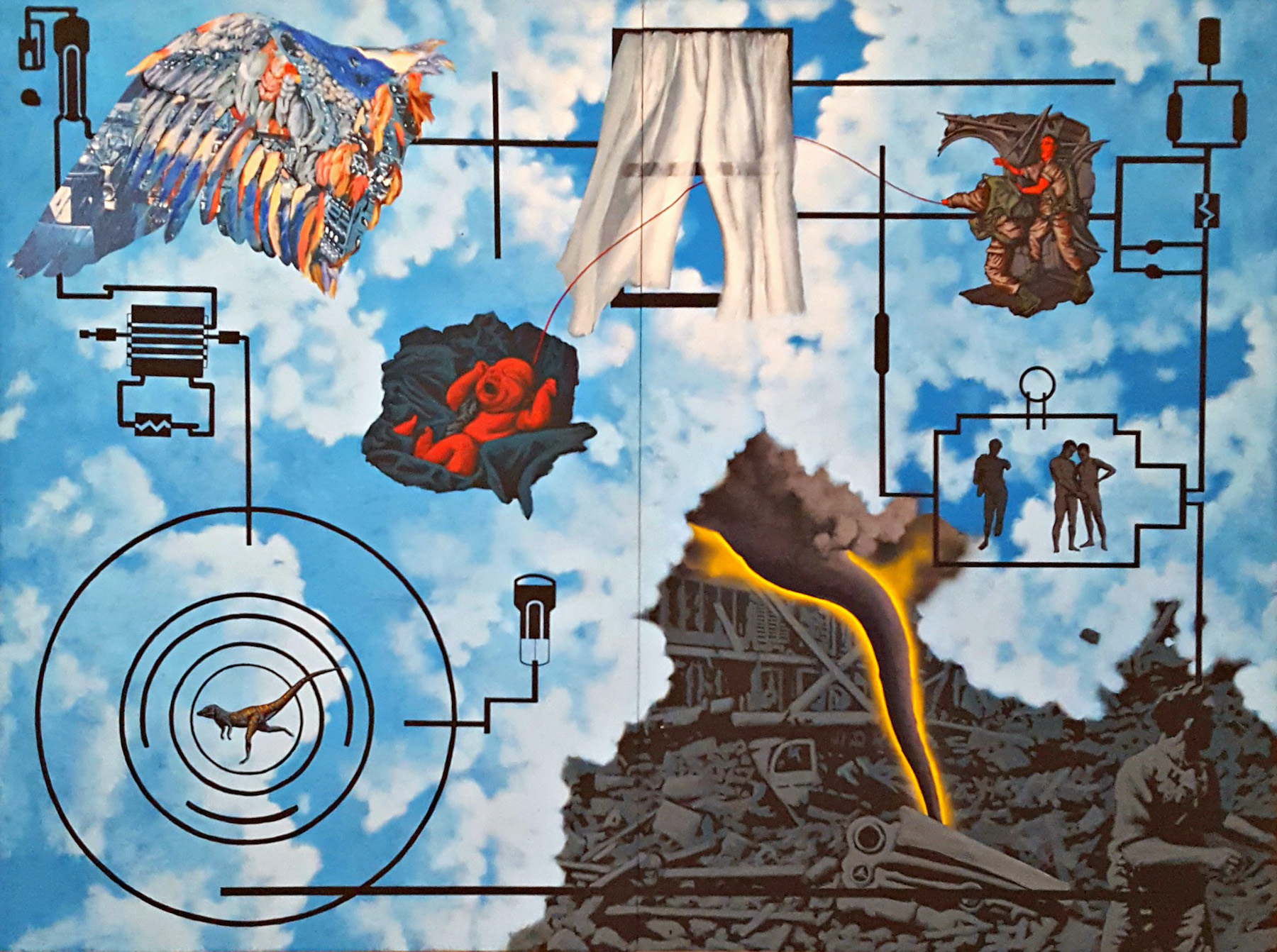The paradox of fact from fiction; What fiction can and can’t tell us about the real world
DOI:
https://doi.org/10.58519/aesthinv.v3i1.11950Keywords:
justification, knowledge, FictionAbstract
In philosophical discussions of literature, there is a great deal of discussion about what’s been termed “the paradox of fiction”: how is it that we can be emotionally moved by characters that we know are not real? But an important related problem might be called the paradox of fact from fiction: how can an invented fictional world give us knowledge about the real one? In this essay I will look carefully at how fictional worlds could possibly tell us about real ones, and whether they, in fact, tends to do so. I then discuss ideas about how we might change how fiction is taught, in light of these conclusions.
Downloads
References
Cited References
Buckwalter, W. and S. Stich. 2011. The Philosophers' Magazine 52:60-65.
Carroll, N. 2002. “The Wheel of Virtue: Art, Literature, and Moral Knowledge.” The
Journal of Aesthetics and Art Criticism 60 (1):3-26.
Conee, E. and Feldman, R. 2001. “Internalism Defended.” American Philosophical
Quarterly 38(1): 1–18.
Currie, G. 2013. “Does Great Literature Make Us Better?” New York Times. June 1.
Davis, T. 2008. Humanism (The New Critical Idiom). New York: Routledge
Durnal, E. 2010. “Crime Scene Investigation (as seen on TV).” Forensic Science
International 199(1-3):1-5.
Friend, S. (2006) “Narrating the Truth (More or Less),” in M. Kieran and D. Lopes (eds.)
Knowing Art: Essays in Aesthetics and Epistemology, Dordrecht: Springer. 35-49.
Friend, S. 2014. “Believing in Stories.” In G. Currie, M. Kieran, A. Meskin
and J. Robson (eds.), Aesthetics and the Sciences of Mind. Oxford University Press
-248.
Gendler, T. 2009. “Alief and Belief.” Journal of Philosophy 105 (10): 634-663.
Keen, S. 2007. Empathy and the Novel. Oxford: Oxford University Press.
Kitcher, P. 2011. Science in a Democratic Society. Amherst, NY: Prometheus Books. Knobe, J., and R. Samuels. 2013. “Thinking Like a Scientist: Innateness as a Case
Study.” Cognition, 126(1): 72-86.
Matravers, D. 2015 Fiction and Narrative. Oxford: Oxford University Press.
Novitz, D. 1987 Knowledge, Fiction and Imagination. Philadelphia, PA: Temple
Univeristy Press.
O’Neil, O. 1986. The Power of example. Philosophy 61 (235): 5– 29.
Posner, R. 1997. “Against Ethical Criticism.” Philosophy and Literature 21
(1): 1-27.
Roiphe, K. 2013 The Reluctant American in
Schnall, Simone, J. Haidt, G. Clore, and A. Jordan. 2008. “Disgust as Embodied Moral
Judgment.” Personality and Social Psychology Bulletin, 34(8), 1069- 1109.
Sinnott-Armstrong, W. 2008. “Framing Moral Intuitions.” In W. Sinnott- Armstrong
(Ed.) Moral Psychology, vol. 2, The Cognitive Science of Morality: Intuition and
Diversity. Cambridge, MA: MIT Press.
Thompson, J. 1976 Killing, Letting Die, and the Trolley Problem, 59 The Monist 204-17
Tognetti, A. Assortative mating based on cooperativeness and generosity. Journal of
Evolutionary Biology. 27(5):975-81.
Vaesen, K, M. Peterson, and B. Van Bezooijen. 2013. “The Reliability of Armchair
Intuitions.” Metaphilosophy, 44(5): 559-578.
Weinberg, J., J. Alexander, C. Gonnerman, and S Reuter. 2012. "Restrictionism and
Reflection." The Monist, 95: 200-222.
Walton, K. 1990. Mimesis As Make-believe. Cambridge: Harvard University Press.
Downloads
Published
Issue
Section
License

This work is licensed under a Creative Commons Attribution 4.0 International License.
Authors who publish with this journal agree to the following terms:
Authors retain copyright and grant the journal right of first publication with the work simultaneously licensed under a Creative Commons Attribution License that allows others to share the work with an acknowledgement of the work's authorship and initial publication in this journal. Note: up to volume 4 issue 1, an incorrect copyright line appears in the PDFs of the articles.
Authors are able to enter into separate, additional contractual arrangements for the non-exclusive distribution of the journal's published version of the work (e.g., post it to an institutional repository or publish it in a book), with an acknowledgement of its initial publication in this journal.
Authors are permitted and encouraged to post their work online (e.g., in institutional repositories or on their website) prior to and during the submission process, as it can lead to productive exchanges, as well as earlier and greater citation of published work (See The Effect of Open Access).






